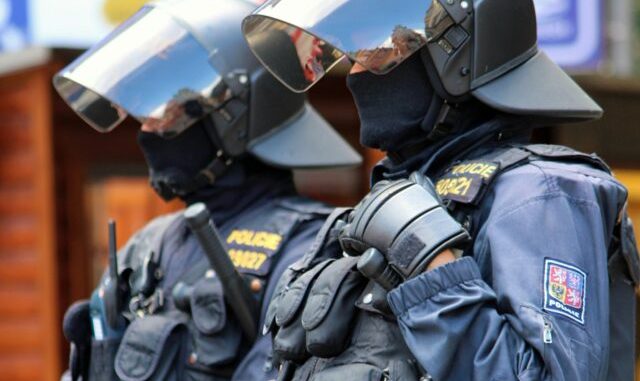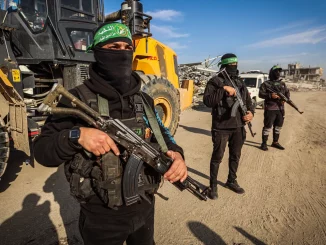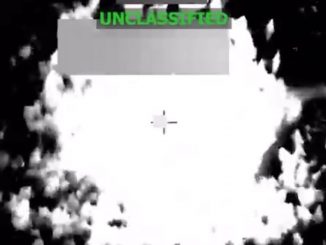
| Published June 25, 2025
PRAGUE (AP) – Czech authorities have detained five teenagers for being radicalized online by the militant Islamic State group and charged two of them with terror-related crimes over an attempt to set fire to a synagogue, officials said Wednesday.
Five teenagers in Czechia, radicalized online by Islamic State propaganda, are now at the center of a high-profile terrorism case after allegedly attempting to set fire to a synagogue. The plot, which Czech authorities say was fueled by hate and executed by youths as young as 15, has alarmed security officials across Europe and spotlighted the growing threat of online radicalization among minors.
📌 What happened
-
Czech authorities have detained five teenagers—mostly under 18—who were radicalized online by the Islamic State (Daesh).
-
Two of them face charges under the country’s terror law for allegedly attempting to set fire to a synagogue in Brno on January 29, 2024, using a firebomb that failed to detonate.
🔍 Investigation details
-
The teens were active in spreading hate speech, targeting Jews, LGBTQ+ people, and other minorities via social media.
-
Authorities conducted seven coordinated raids across Czechia and Austria, seizing weapons including knives, machetes, axes, and gas pistols.
-
The extensive probe, running from February to June, involved collaboration with Europol, and police forces in Austria, the UK, and Slovakia.
💡 Opportunities and challenges
Opportunities
-
Enhanced counter-radicalization efforts
-
Governments can improve early detection systems and online monitoring to intervene before radicalization escalates.
-
-
Strengthening international cooperation
-
The case demonstrates how effective collaboration between countries (like Czechia, Austria, UK, and Europol) can help foil terror plots.
-
-
Improved youth education and digital literacy
-
This creates an opportunity to teach students how to recognize extremist content and resist manipulation online.
-
-
Policy development and legal clarity
-
It allows lawmakers to refine anti-terror legislation specifically targeting youth radicalization and online recruitment tactics.
-
-
Greater public awareness
-
Media coverage can raise awareness among parents, educators, and communities about signs of extremist grooming.
-
Challenges
-
Increasing online radicalization of minors
-
Youth are more vulnerable to manipulation in digital spaces, especially in unmoderated forums or encrypted apps.
-
-
Balancing privacy with security
-
Expanding surveillance can raise human rights concerns, particularly regarding minors.
-
-
Limited resources in smaller countries
-
Nations like Czechia may struggle with the financial and technical capacity to handle complex terror investigations.
-
-
Legal complications in prosecuting minors
-
Applying terrorism laws to children raises ethical and judicial issues, including rehabilitation versus punishment.
-
-
Preventing community backlash
-
Authorities must handle such cases sensitively to avoid stigmatizing entire communities or fueling discrimination.
-
 Bottom Line:
Bottom Line:
The Brno synagogue case serves as a stark warning about how quickly and deeply extremist ideologies can take root online—especially among vulnerable youth. As Czech authorities tighten anti-terror measures and broaden digital surveillance, the incident underscores an urgent need for international cooperation in combating online radicalization before it turns into real-world violence.
SOURCES: SOURCES: BREITBART – Czechia Charges Teens Allegedly Radicalised by Islamic State Who Attempted to Burn Synagogue Under Terror Law
AP NEWS – Czech authorities detain 5 teens over online radicalization by IS and charge 2 with terror plot





Be the first to comment